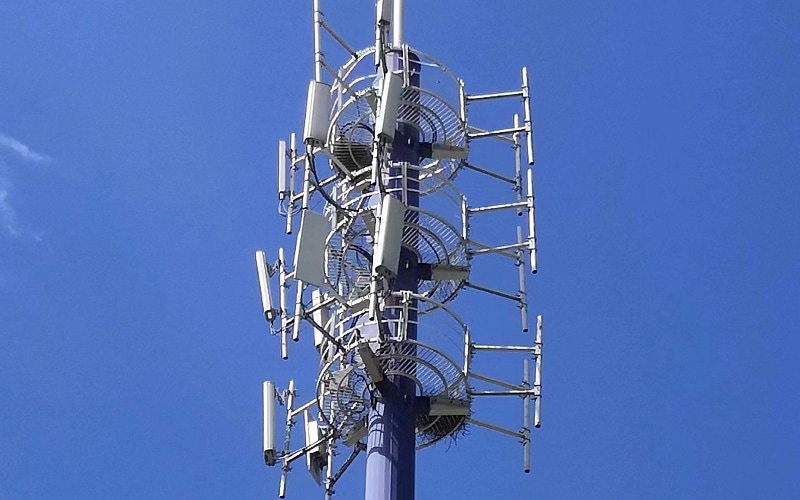China Unicom Beijing and Huawei have created the world’s largest commercial MetaAAU network as part of a project that has deployed MetaAAUs at over 1,000 rural network sites on the outskirts of Beijing. This new network has already seen a 38% increase in traffic per site by improving 5G services in rural areas and a 5% reduction in energy consumption compared with previous-generation technology.
MetaAAUs are metaverse-ready active antenna units designed to deliver outstanding 5G performance with a minimum environmental impact. Their deployment in rural parts of Beijing represent an important step towards the green and digital village goals of the 5G Capital project.
MetaAAUs are the third-generation of 5G AAU developed by Huawei. They use the company’s new extremely-large antenna array (ELAA) architecture to double the scale of arrays compared with the previous-generation AAU. This innovation results in extended coverage because channel beams are narrower and energy is more focused. The new architecture, combined with innovative algorithms, improves network performance while slashing energy consumption.

MetaAAUs deployed on China Unicom Beijing’s network
China Unicom Beijing’s has leveraged these advancements to hit its 2022 5G construction targets for small towns and rural areas which face unique challenges when it comes to inter-site distance, gigabit user experience, and green networking. China Unicom Beijing deployed these MetaAAUs at over 1,000 sites in July in towns and rural areas including the Shunyi, Huairou, and Pinggu districts of Beijing. The MetaAAUs have delivered a 40% increase in coverage area, increased uplink and downlink user-perceived rates by 10%, and lowered network energy consumption by 5% over previous-generation AAUs, achieving optimal network performance and energy efficiency. Since their deployment, user traffic has increased by 38% in their coverage areas and the carrier’s user base has increased by 37%.
5G coverage has continuously expanded, bringing more people better Internet experiences, since commercialization efforts began three years ago. Now, 5G networks are becoming increasingly available outside of urban areas. For example, in Foyukou, a village outside Beijing, users have many more sales channels at their disposal thanks to the HD live broadcasts and direct photo posting on WeChat enabled by 5G. This has boosted sales and promoted the construction of “digital villages.” New applications for 5G are also emerging in areas like smart agriculture, remote education, and telemedicine. These scenarios require gigabit networks with smaller carbon footprints that perform at levels seen in urban areas.
Fan Liqun, the head of China Unicom Beijing’s 5G co-construction and sharing work team said their mantra for this endeavor is, “Quality first, experience foremost. For years we have been committed to building a world-leading, experience-centric 5G network. We are amazed how well MetaAAU is performing at the more than 1,000 sites on the commercial network, cementing its place in our digital village strategy. This achievement marks a key milestone in our 5G Capital project, and is a testament to our constant pursuit of a ubiquitous high-quality 5G network. We have explored various scenarios based on high bandwidth and iteratively adopted innovative Massive MIMO technologies to ensure the best possible 5G and digital experience to our customers.”
Ritchie Peng, President of Huawei 5G Product Line, said, “MetaAAU is one of our major innovations. With MetaAAU, we achieve great breakthroughs in network performance and energy efficiency, and this is attributed to our strong investment and continuous innovation in Massive MIMO. We are glad to cooperate with China Unicom Beijing on the thousand-site MetaAAU project, and proud to see that MetaAAU achieves the desired performance across the entire network. We believe this can provide a useful reference for global operators in selecting Massive MIMO technologies for different scenarios.”

